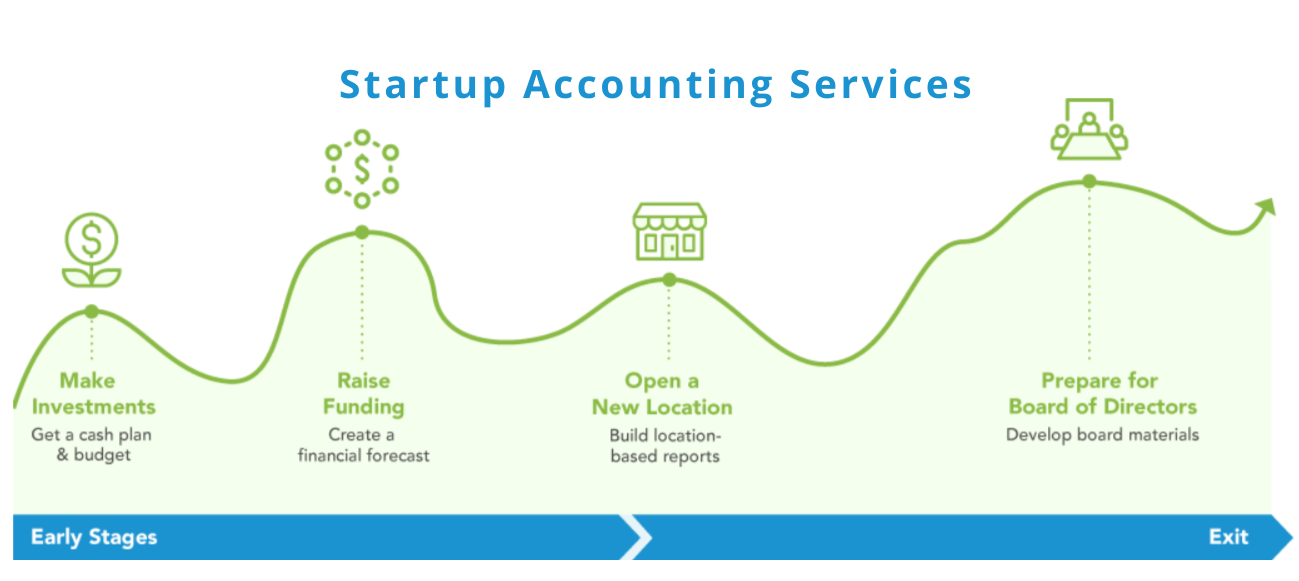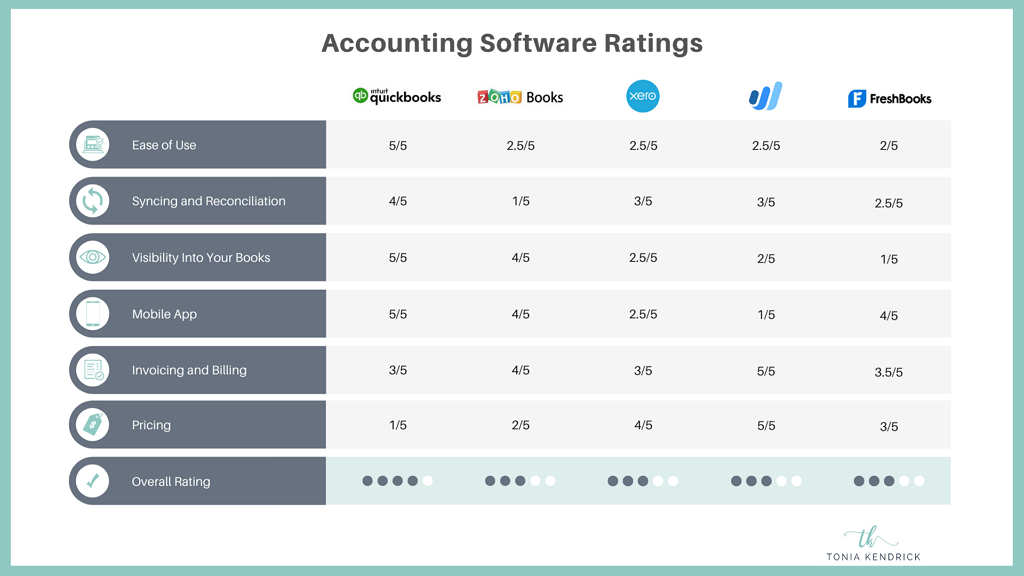Mastering Small Business Finances – Tips for Financial Success
Running a small business comes with numerous challenges, and managing finances is often at the top of the list. Proper financial management is crucial for the success and growth of any small business. Whether you are just starting out or looking to improve your financial strategies, these tips will help you navigate the world of small business finances and pave the way for long-term success.
1. Separate personal and business finances: Creating a clear distinction between personal and business finances is essential. Open a business bank account to track income and expenses separately, which will make bookkeeping and tax filing much simpler.
2. Develop a budget: A budget is the foundation of effective financial management. Create a comprehensive budget that outlines all your expenses, including fixed costs like rent and utilities, variable expenses, and projected revenue. Regularly review and compare your actual spending against the budget to identify areas for improvement.
3. Track expenses diligently: Keep track of all your expenses, big and small. Utilize accounting software to record transactions, categorize expenses, and generate detailed reports. This will allow you to identify areas where you can cut costs and make informed financial decisions.
4. Improve cash flow management: Maintain a steady cash flow by invoicing clients promptly and following up on late payments. Consider offering discounts or incentives for early payment to encourage timely settlements. Additionally, negotiate favorable payment terms with suppliers to avoid cash flow bottlenecks.
5. Build an emergency fund: Unforeseen expenses and emergencies can arise at any time. Establish an emergency fund to cover unexpected costs, such as equipment repairs or temporary cash flow shortages. Aim to set aside at least three to six months’ worth of business expenses.
6. Monitor and control inventory: Inventory management is crucial for businesses dealing with physical products. Avoid excess inventory by regularly monitoring demand trends and adjusting procurement accordingly. Utilize inventory management software to streamline tracking and optimize stock levels.
7. Seek professional advice: Consider consulting with a financial professional or an accountant to ensure your business finances are in order. They can provide valuable insights, help with tax planning, and offer guidance on financial strategies that align with your business goals.
8. Maximize tax deductions: Stay informed about tax laws and regulations applicable to your business. Identify eligible tax deductions and credits to minimize your tax liability legally. Keep accurate records, especially for deductible expenses, to support your tax returns.
9. Monitor key financial metrics: Regularly review key financial metrics, such as gross profit margin, net profit margin, and break-even point. These metrics can provide insights into your business’s financial health and help you make informed decisions about pricing, cost control, and growth strategies.
10. Plan for the future: Develop a long-term financial plan for your business. Set financial goals and outline strategies to achieve them. Consider factors such as expansion plans, investments, and retirement savings. Regularly reassess your financial plan and adjust it according to the changing circumstances of your business.
By implementing these tips, you can master small business finances and set the stage for financial success. Remember, financial management is an ongoing process, so stay proactive and regularly review and adjust your strategies to ensure the financial stability and growth of your small business.
Remember, managing your small business finances is as much an art as it is a science. With a solid foundation and diligent practice, you can achieve financial success and take your business to new heights.











